Archives: Documents
-
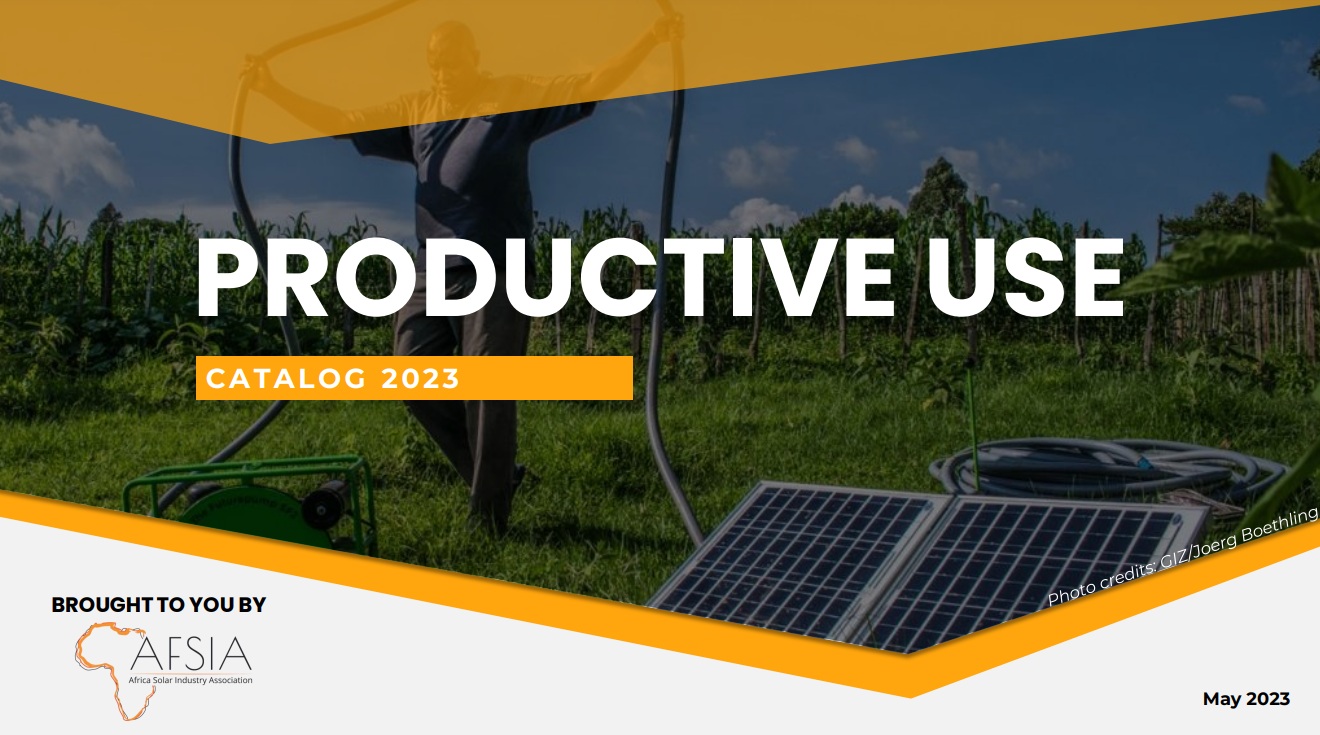
Productive Use Catalog 2023
Productive Use of Energy or PUE is a term that has been popping up growingly in discussions and literature around solar energy for the African continent over the past 2 years. Next to the other traditional solar segments such as “large scale”, “mini-grids” or “SHS – Solar Home Systems” to cite a few, PUE indeed…
-
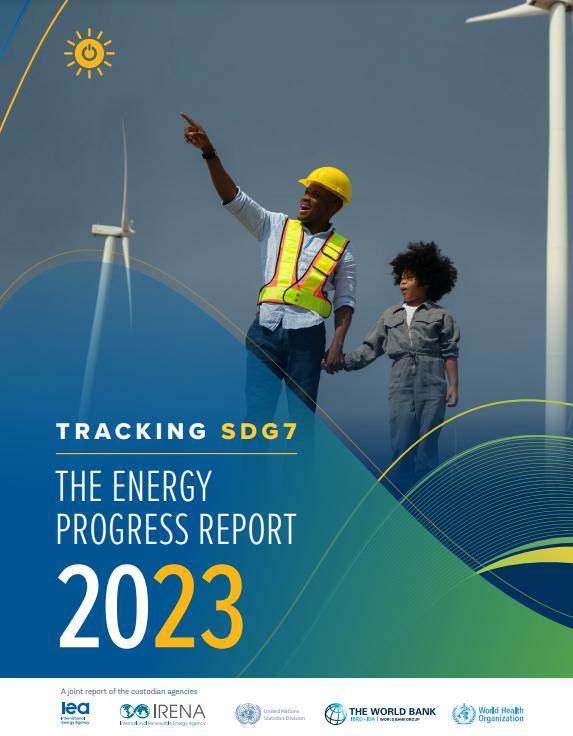
Tracking SDG 7 – 2023 Report
Since its inception in 2018, Tracking SDG 7: The Energy Progress Report has become the global reference point for information on the realization of SDG 7. It is produced annually by five of the custodian agencies responsible for tracking global progress toward Sustainable Development Goal 7 (SDG 7), which is to “ensure access to affordable,…
-
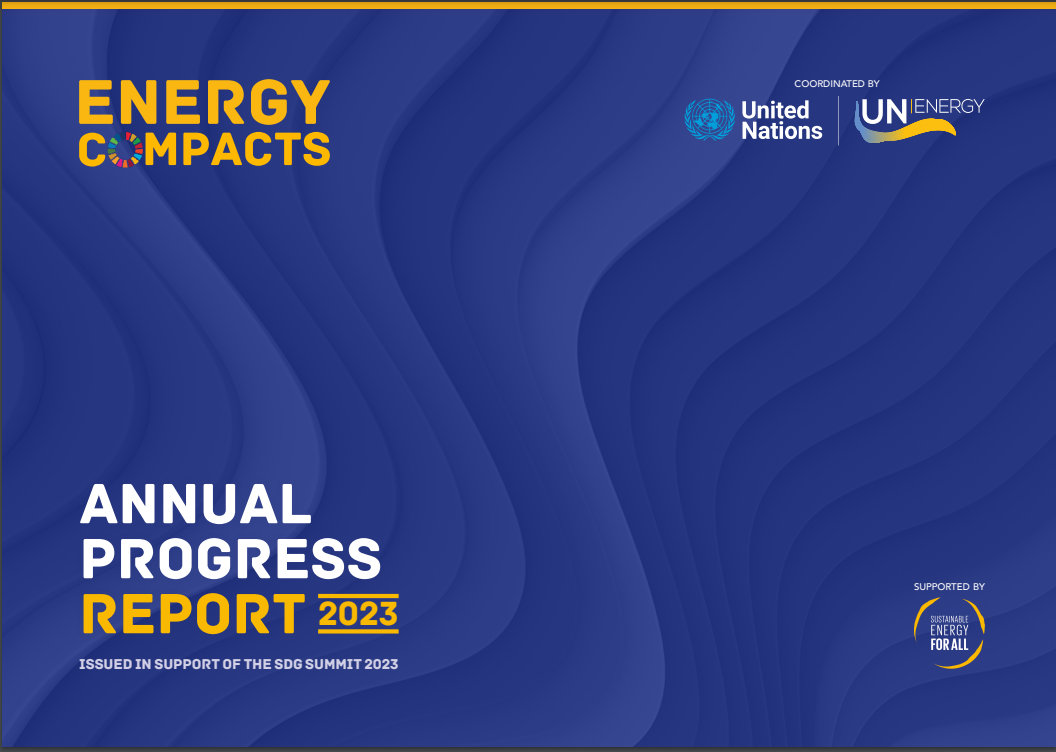
Energy Compacts: Annual Progress Report 2023
Foreword In an era marked by unprecedented global challenges, from climate change to resourcescarcity, energy has emerged as the critical lever that can either propel humanity towarda sustainable future or entrench us in the perils of environmental degradation and socialinsecurity. At the mid-point of the 2030 Agenda, as we stand at this critical juncture, we…
-
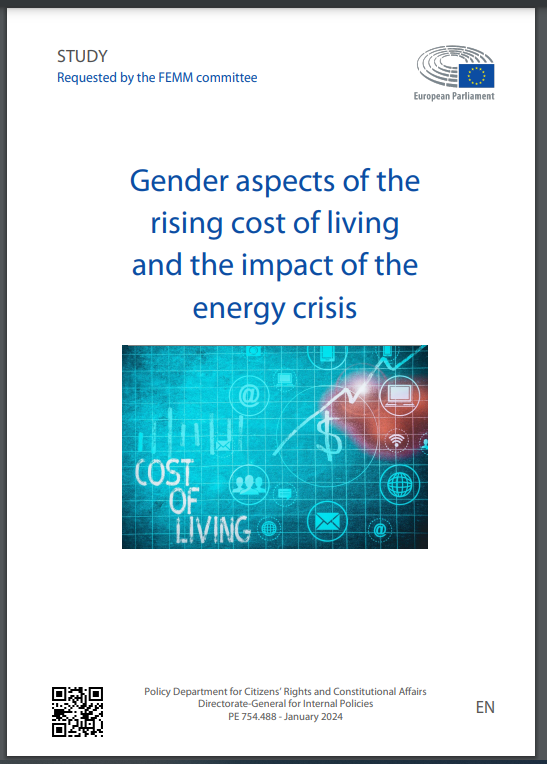
Gender aspects of the rising cost of living and the impact of the energy crisis
This study analysis, commissioned by the European Parliament’s Policy Department for Citizens’ Rights and Constitutional Affairs at the request of the FEMM Committee, scratched the surface of the hidden face of the gendered impact of the rising cost of living and the ongoing energy crisis in the European Union. Scratching the surface, because the real…
-
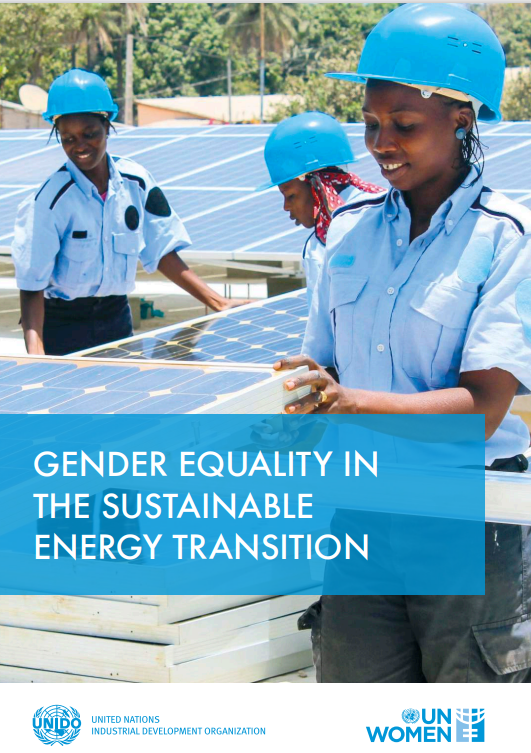
Gender Equality in the Sustainable Energy Transition
The United Nations Industrial Development Organization (UNIDO) and the United Nations Entity for Gender Equality and the Empowerment of Women (UN Women) have joined forces to produce this guide on Gender Equality in the Sustainable Energy Transition, which provides an overview of key and emerging issues in the gender and energy nexus, illustrated by research…
-
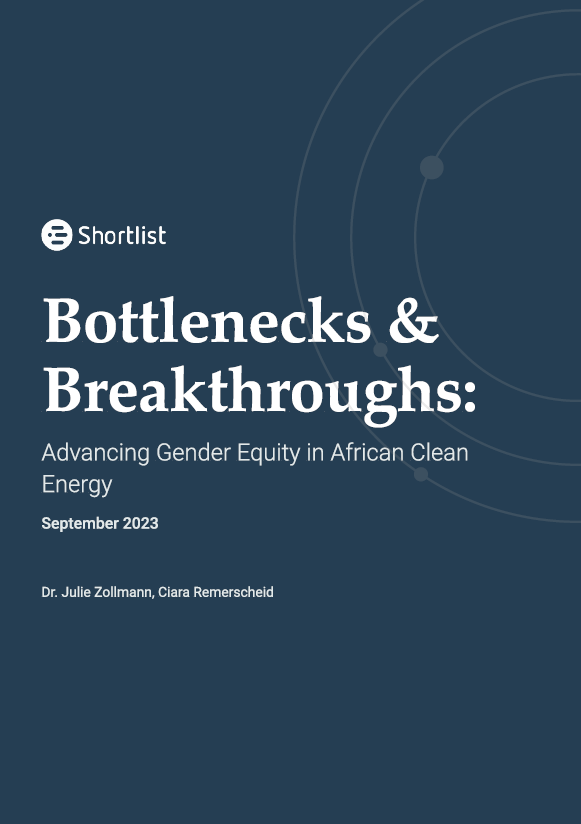
Breakthroughs: Advancing Gender Equity in African Clean Energy
Historically, employees in the African clean energy sector have been predominantly male – but that is slowly changing. Clean energy companies across Africa are making concerted efforts to diversify their workforces, making a particular effort to attract, hire, and retain women. Companies have broadened marketing approaches, innovated in how they manage applications and interviews, investigated…
-
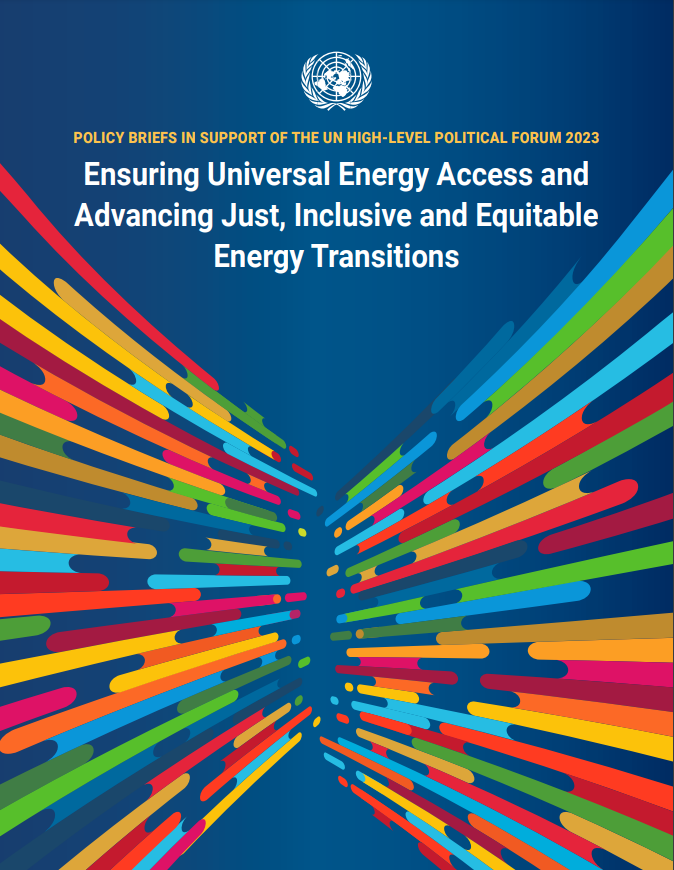
Ensuring Universal Energy Access and Advancing Just, Inclusive and Equitable Energy Transitions
Energy is key to accelerating sustainable development and to averting ever-worsening climate disasters. Yet, with this year marking the mid-point of the 2030 Agenda for Sustainable Development, progress on Sustainable Development Goal 7 (SDG7) – is insufficient and countries are far off-track in meeting energy promises and commitments. Indeed, we are now on our way…
-
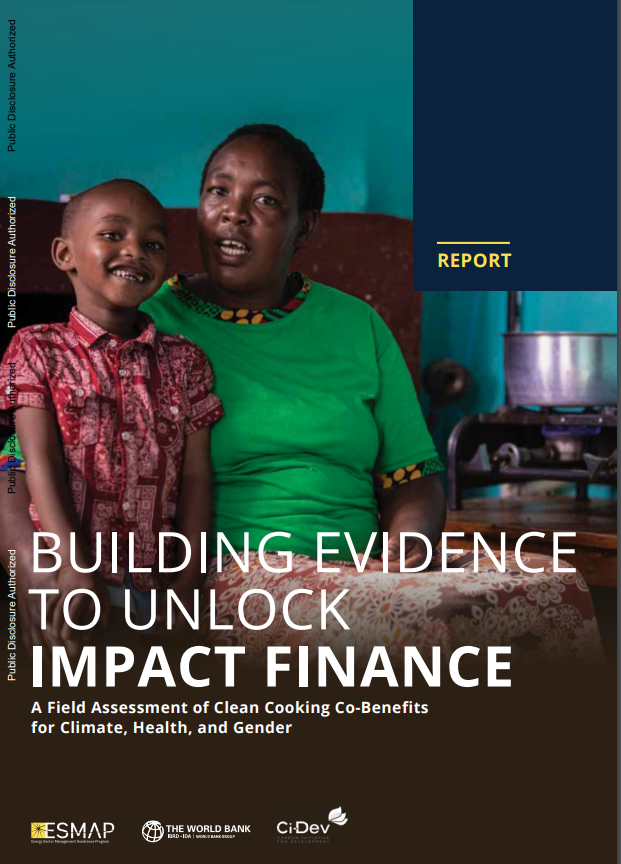
Building Evidence to Unlock Impact Finance
This report documents the findings from a field study that sought to build experience andevidence for quantifying the climate, health, and gender co-benefits from clean cookinginterventions.
-
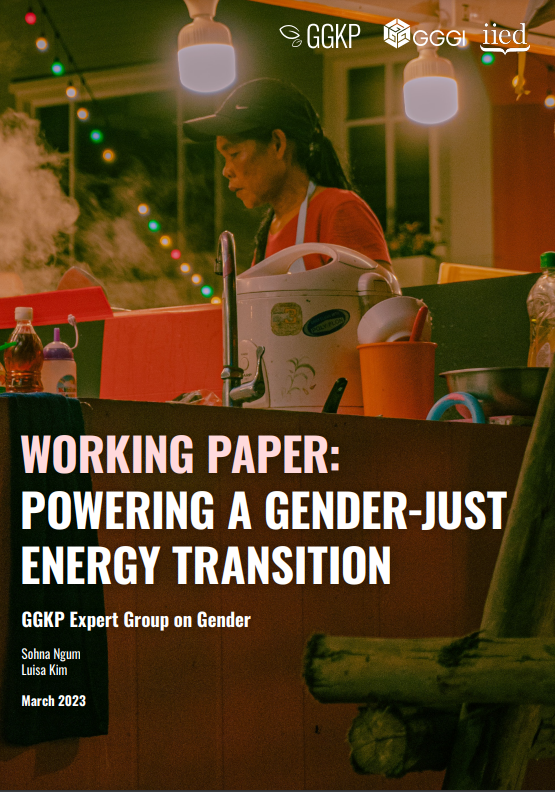
Working Paper: Powering a Gender-Just Energy Transition
Guided by the principles of just transitions and energy justice, this working paper by the Gender Expert Group of the Green Growth Knowledge Partnership (GGKP) is an analysis of existing knowledge and strategies – research, policies, procedures and programmes aiming to ensure that no one is left behind during the energy transition. It examines challenges and opportunities…
-
Towards Gender Equality and Social Inclusion in Energy Utilities: Approaches, Methods, and Results from Nepal
The project Strengthening the Capacity of the Energy Sector to Deliver Gender Equality and Social Inclusion Results was implemented from January 2019 until December 2021. The project’s ultimate goal was to mainstream gender equality and social inclusion (GESI) in the program and project cycles of the Nepal Electricity Authority (NEA). The NEA is responsible for…
-

Building the Business Case for Women’s Inclusive Financing in Last-Mile Renewable Energy Markets
One of the key constraints in improving energy access in the renewable energy sector is the availability and affordability of financing. For women-owned or -led micro, small, or medium enterprises (WMSMEs) that are either selling or distributing renewable energy products themselves, or interested in purchasing renewable energy products to expand or grow their businesses, there…
-

Building the Business Case for Women’s Inclusive Financing in Last-Mile Renewable Energy Markets – A Digital Toolkit
This tool is a comprehensive resource that brings together evidence, approaches, guidance, case studies, and examples on how those providing finance within the sector can better serve women-owned or led micro, small and medium enterprises (WMSMEs) operating as suppliers, distributors, or end-consumers in the renewable energy sector.

